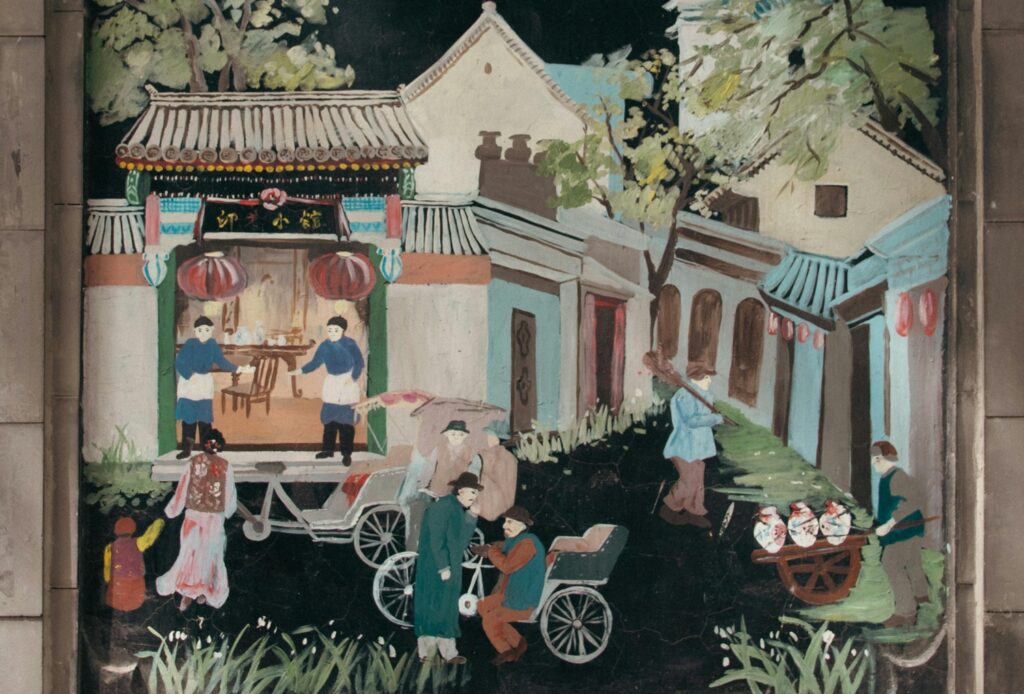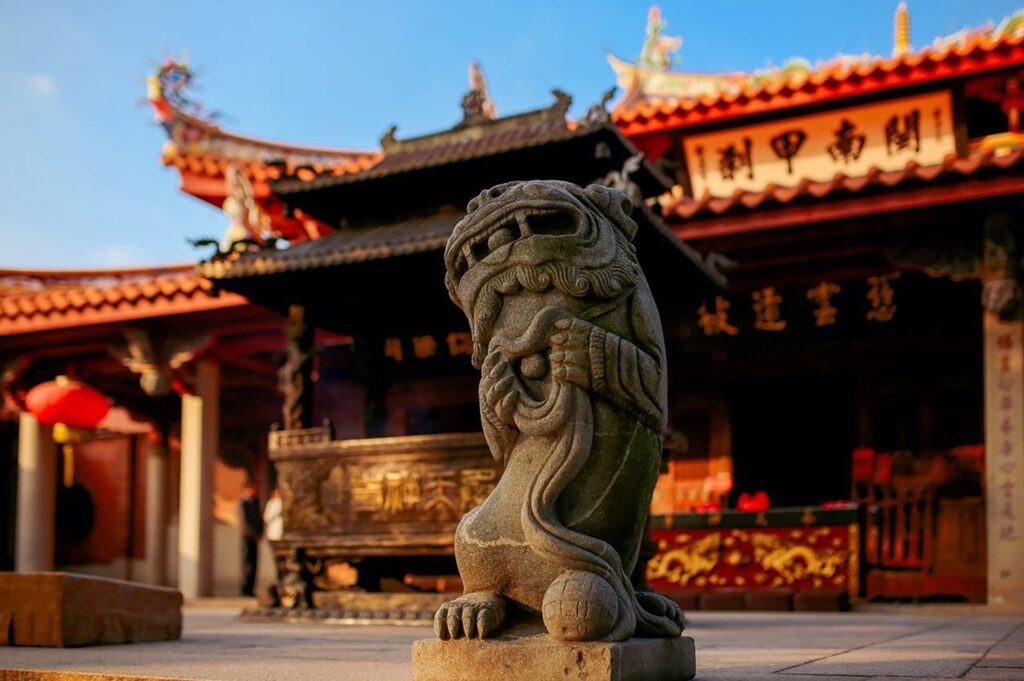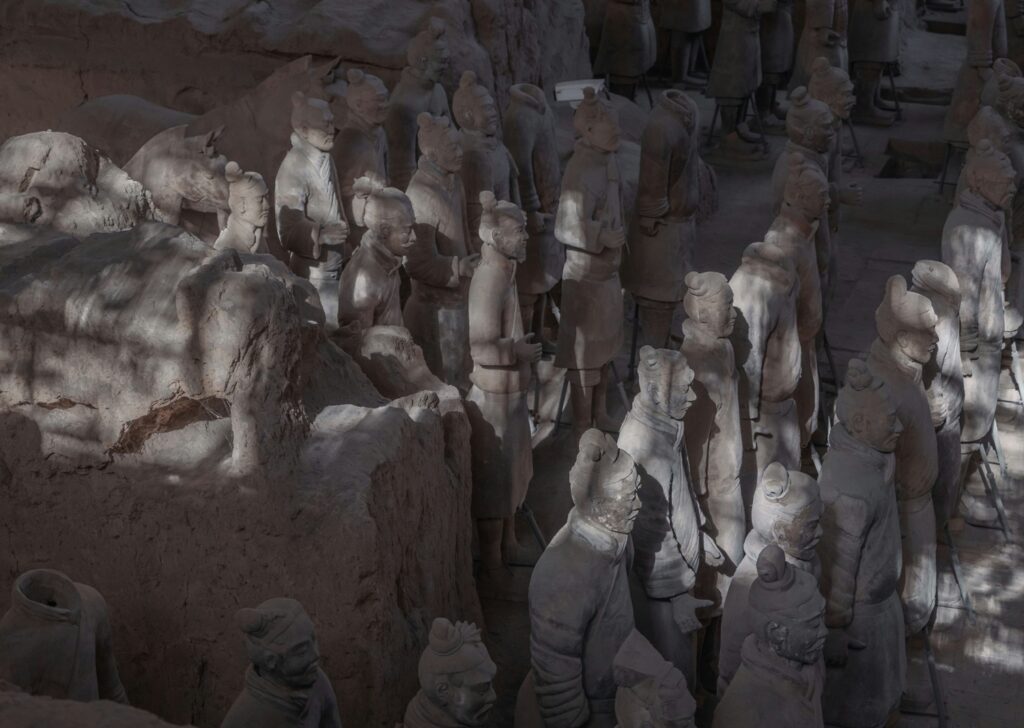The Art of War was written for military troops in ancient China, but it is helpful for navigating even the shallowest conflicts in the 21st century.
Are you tired of being underestimated? Stay quiet and work on something great, and then launch it when it is solid. Let success be the noise.
My favorite quote by Sun Tzu is, “Let your plans be dark and impenetrable as night. When you move, fall like a thunderbolt.”
Did they say you are ugly? Invest in skincare and focus on your studies. When you graduate with Latin honors, put up a congratulatory tarpaulin wherever they can see, and add your best picture. Now, you are “beauty with brains.”
In the situations above, the strategy used is to work in silence, and then strike when least expected and when your success is guaranteed.
That is basically the core principle of The Art of War by Sun Tzu.
Sun Tzu Wrote The Art of War
Sun Tzu was a military strategist and philosopher who lived in ancient China during the late Spring and Autumn Period.
Many believed that he wrote The Art of War as a guide for military leaders on how to fight wisely and strategically, not just with brute force.
But if you read the book, you will notice that every chapter starts with, “Master Sun says…” This is why many historians think that it might be a collection of his teachings, compiled by his followers.
Wars Before Sun Tzu
Before Sun Tzu, warfare in ancient China and across many early civilizations was mostly straightforward and brutal.
Armies met on open battlefields, clashed head-on, and whoever had the stronger, more disciplined troops typically won.
Victory was measured by how many enemies were killed or territories burned down. It was always bloody!
In The Art of War, he focused on careful planning, deception, and control of information. He thought it was better to win without fighting.

How to Excel in the Art of War
Sun Tzu said that the ultimate victory is not where your army is bathed in blood, but where you have won before the fight even starts.
The Art of War has lots of points that you can use in your daily life. If you want to have the upper hand in any situation, scroll down.
Know Your Enemy and Yourself
“If you know the enemy and know yourself, you need not fear the result of a hundred battles.” This is one of the most quoted lines in the book.
This is about self-awareness and empathy. Learn their strengths, weaknesses, and tactics. And then ask yourself: “Am I better than them?”
According to Sun Tzu, you know the enemy by gathering and analyzing secret and visible information about them.
If you don’t understand how they think and you also overestimate your own skills, you are bound to lose.
Be Guided by Strategic Thinking, Not Emotions
You must remain calm and focused, even in the heat of battle. Anger, fear, or pride can cloud judgment, which leads to poor decision-making.
You know that because, for sure, there was a time in your life when your emotions made you do something that worsened your situation.
So, take a step back and look at the bigger picture.
When you make decisions based on a well-thought-out plan instead of how you feel in the moment, you are more likely to succeed.
You Must Control Information and Confuse Your Enemy
Keep your true intentions hidden and mislead them about your plans. That is manipulative, but it puts you at an advantage.
This principle applies today in different areas of life, especially in business.
Use Spies If Needed
Sun Tzu wrote extensively about the use of spies, not only as sneaky agents but as tools to gather more information about the enemy.
There are five types of spies mentioned in the book, each serving a different function: local, inward, converted, doomed, and surviving.
- Local spies are recruited from people living in the enemy’s territory to provide inside information about local conditions and sentiments.
- Inward spies are enemy officials or insiders secretly working for you while remaining in their positions of influence.
- Converted spies are enemy spies you’ve captured and turned to serve your own side, feeding false or true information as needed.
- Doomed spies are deliberately sent to deliver false information to the enemy, fully aware their mission may cost them their lives.
- Surviving spies are those who safely return with accurate intelligence after gathering secrets deep within enemy territory.
Today, spying is easier because of the internet. It could be done through research, data collection, competitive analysis, and the list goes on.

Don’t Destroy Your Enemy But Possess It Intact
To Sun Tzu, the best kind of victory is the one that doesn’t involve unnecessary destruction. Why? Because anything destroyed offers no value.
If you can defeat them without wiping out their resources, territory, or people, you gain much more. You don’t build from scratch.
Strike Quickly with Minimal Resources
Prolonged conflicts drain resources and morale. So, when an opportunity arises, act quickly with as little cost as possible.
This is very efficient. At the same time, it keeps them off-balance. It forces them into a reactive mode, which gives you control.
Defeat the Enemy Without Fighting
It is ideal if you can win through negotiation, intimidation, or alliances. War should be the last option because you may lose something important.
A Good Case: Shi Huangdi and the Qin Dynasty
Sun Tzu’s strategies inspired Shi Huangdi, the first emperor of a unified China. He ruled during the Qin Dynasty around 221 BCE.
He managed to build a centralized and powerful empire that left a lasting mark on China’s history. I became interested in his story because of the Terracotta Army and the Great Wall, which were built during his reign.
The Terracotta Army
The Terracotta Army was discovered in 1974 and is made up of thousands of life-sized clay soldiers buried near Shi Huangdi’s tomb.
The placement of soldiers, who had different ranks and roles, was carefully thought out. Watch this documentary if you want to learn about it.
The Terracotta Army shows Shi Huangdi’s obsession with power, meticulousness, and desire to project strength even in death.
He was ruthless. Many people died during his time.
Many of those deaths were caused by exhaustion from building the Terracotta Army and the Great Wall of China.

The Great Wall of China
The Great Wall wasn’t built all at once, but large sections were connected during Shi Huangdi’s reign to defend China from northern invasions.
It is now a tourist attraction, but back then, its purpose was to prevent conflict by making attacks less likely in the first place.
It is one of the new 7 wonders of the world. Definitely on my bucket list!
Engage in a War If It Results in Harmony
Sun Tzu thought that war should only be pursued if it would bring greater peace or balance. If it creates more chaos, then it is not worth fighting.
Harmony must be the goal. Many of his strategies were aimed at achieving peace through strength, deterrence, and minimal conflict.
Will it restore order? Will it protect the people? If yes, then it is justified. Otherwise, it is better to wait, strategize, or find another way.











